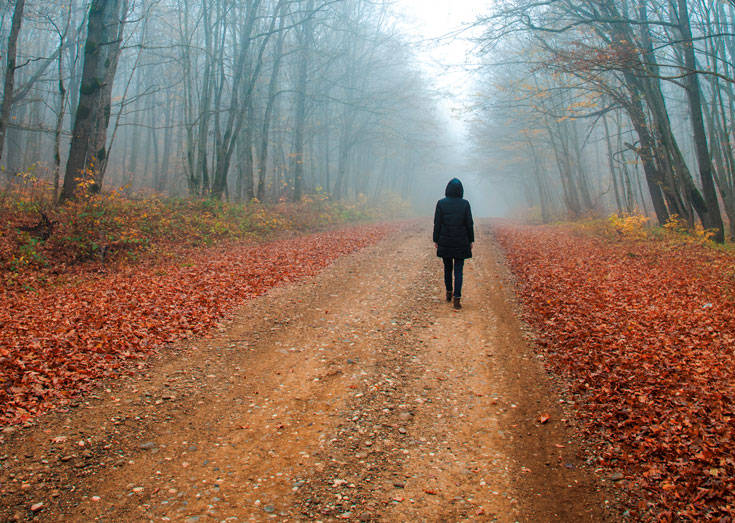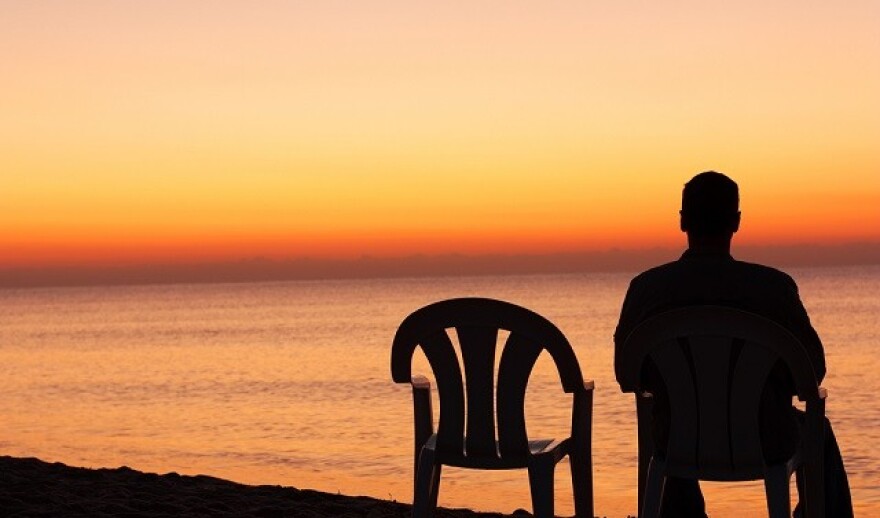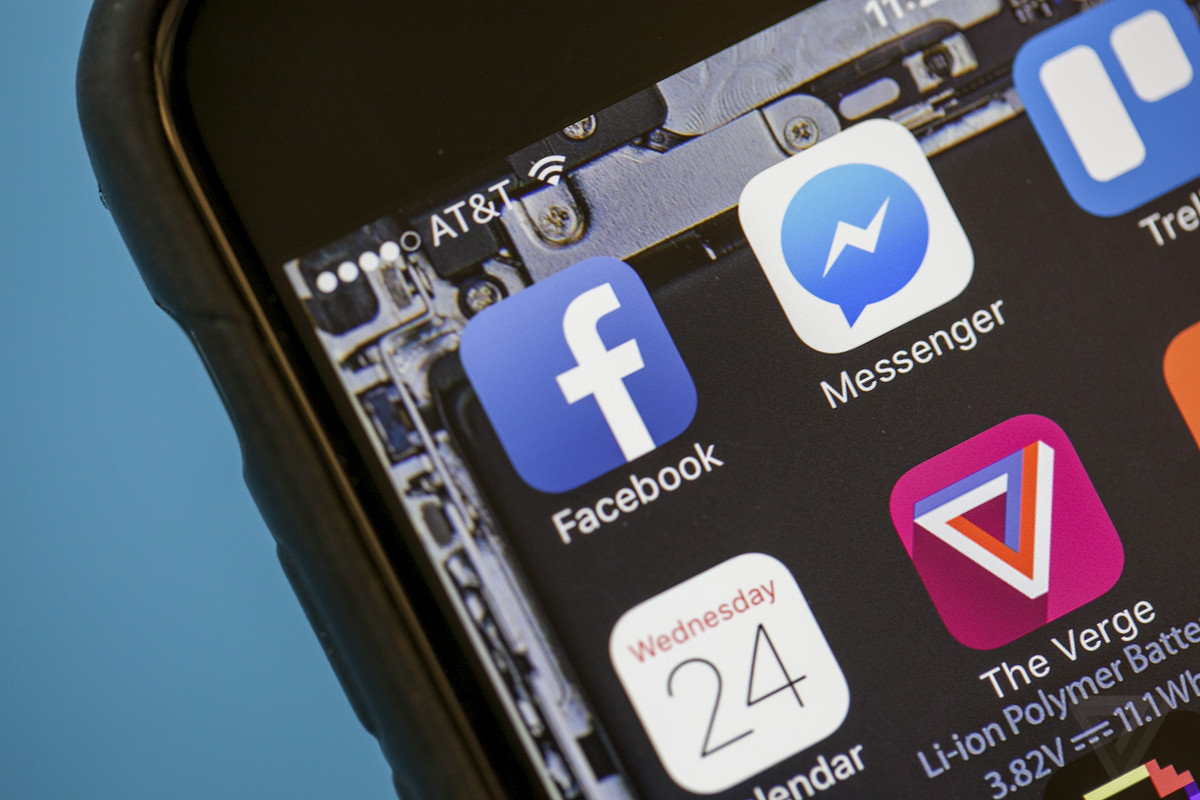By Keith C. Milne
We want to stay in touch with others. We actually want to be able to stay in touch with everyone. But the winds of life keep sweeping us into little piles of busy work all the time, and we run out of time to “stay in touch.” Even when we do have some time to ourselves, we are so tired that we don’t always feel we have the energy to be there for another person, or will be able to be our best self, especially after work!
Over time, many, if not most of us, have chosen to text and post on Facebook or Twitter or any of the other social media platforms, or we just send a “quick text” to let someone know something while hoping that it remains “quick” so we can finally be with ourselves for a change. Many of us also justify this by repeating the mantra that a little communication is better than none at all. But the price we pay for this over time is that we miss out on more than we will ever know by never seeing others face to face, or hearing their voices actually laughing and talking and sharing.
Texting is generally used for quick messages, but occasionally texting will be used for very long conversations, it just depends on the person on the other end. Social media has also become the norm and it the place that people like to post their photos and videos and talk about themselves and, in the process, are likely letting too many strangers know just a little bit too much about themselves, which is inappropriate at the least, and dangerous at the worst.
Nevertheless, this has become the norm, and I fear for the youth of today will never know or learn the true art of communication facing someone at a close proximity, then learning to look at that person in the eyes and listen and talk, and then listen some more. The added facial expressions, the eye movement, the fire in the eyes, or lack thereof! The body language and tonal inflection that is all lost or never discovered in letters, email, or texting, and not even with videos, face-time, snapchat, or similar. None of them can hold a candle to actual face-to-face communication.
Hearing someone’s stories, and then seeing how they tell those stories, adds additional layers of auditory and visual information, almost as if a fourth dimension is being added to the communication.
We are human beings. Humans are, like dogs and deer, pack animals, and are therefore extremely social! We need to be with others who are positive, loving, helping, supportive, assistive, and who act as teachers for us. We need to feel someone else’s touch, and feel love. We need to know others. Their friendship and love will be the anchor that we learn to count on in order to refresh, rebound, recharge, and reach for the sky as we proceed through life.

We humans have never done well being alone with ourselves and our own thoughts. Especially for the extra sensitive ones, and we all know who they are. As tough as we like to think we are, or as we see ourselves, or how we wish to be seen by others as, most of us are not nearly as tough as any of the above. Left with too much alone time, many of us start to experience paranoia, rage, extreme depression, and may eventually begin engaging in suicidal ideation.
Flesh that bruises and can be easily cut open, blood in finite quantity that will flow everywhere while we die in a mere minute, bones that are easily broken, skulls that are easily bashed in, and hearts that can easily be broken do not sound tough, nor are they. This human bodily fragility is what we are really made of. The rest, including feeling or thinking we are tough, well, that is all just in our head.
We all need to be more careful with this precious gift of our minds, and bodies, and be careful who we let have the keys to our hearts and souls for the time we are here. Should we choose to honor our true spiritual, mental, and physical, selves, then let us not forget to also honor the social because it is so overlooked and it is SORELY MISSING from the picture for most of us these days, especially since so many of us have been self-isolating on purpose due to Covid-19 pandemic.
I could definitely attempt to shore up all that I’ve stated here with a bunch of researched facts and figures and statistics about how too much time alone and all the negative spin-offs that arise out of it, but I’m not going to. After all, it is rather self-evident, right? I think you, as well as me, have experienced loneliness before. Perhaps even potent, long-term loneliness, and perhaps you’ve even sought treatments for some of the negative spin-offs that you’ve experienced from it.
Loneliness doesn’t need to be. It takes doing what is necessary to make and keep friendships as best as you can. If the people you’ve befriended over time are no longer nearby or have passed on or you’ve simply lost touch, then move on and make new friends or rekindle your old friendship if possible. It’s just as important and meaningful and healthy for you as it is for them, and all will benefit from a positive mental shift and feel better, at least for a little while.

We die alone, but while we are alive and here on Earth, we need each other for better or worse. This year, why not try a new way or a new action, and either reconnect with an old friend, or try harder to connect with others so that you have a lot more contact with other people.
I learned while studying psychology at the University of Massachusetts, Amherst, that mental health or disease was all about balance or the imbalance of the “Bio-Psycho-Social” model. That no parts of this model could be too far imbalanced in order for true health to remain or manifest in the first place. If one or more of the three prongs of the model were imbalanced, then the negative consequences would be proportional to the degree of that imbalance.
We humans mainly tend to the body and the mind the most. We also tend to take the social far more for granted than the other two prongs, and this is doubly true for men, and triple true for older men. Loneliness can accelerate aging and contribute to early onset dementia.
Now that we have had less social contact than we used to for an extended period of time, this would be an ideal time to embrace our human need to be social.
Where do we start you ask?
How about a phone call or an actual visit to someone you care about today?



